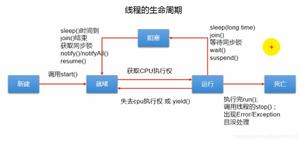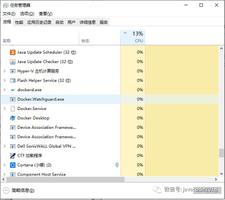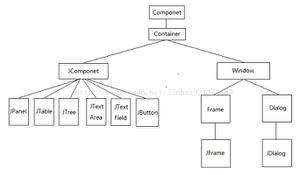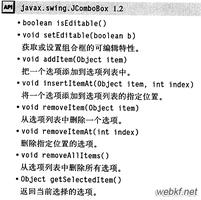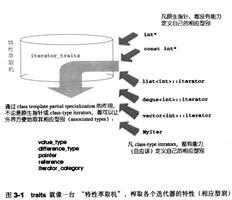深入浅出Java多线程(2)-Swing中的EDT(事件分发线程)
本文主要解决的问题是:如何使其Swing程序只能运行一个实例?
抛开Swing, 我们的程序是通过java 命令行启动一个进程来执行的,该问题也就是说要保证这个进程的唯一性,当然如果能够访问系统的接口,得到进程的信息来判断是否已有进程正在运行,不就解决了吗?但是如何访问系统的接口呢?如何要保证在不同的平台上都是OK的呢?我的思路是用文件锁,当然我相信肯定有更好的方法,呵呵,希望读者能够指出。
文件锁是JDK1.4 NIO提出的,可以在读取一个文件时,获得文件锁,这个锁应该是系统维护的,JVM应该是调用的系统文件锁机制,例子如下:
import java.io.FileNotFoundException;import java.io.IOException;import java.io.RandomAccessFile;import java.nio.channels.FileChannel;import java.nio.channels.FileLock;/** * * @author vma */public class temp1 { public static void main(String args[]) throws FileNotFoundException, InterruptedException, IOException{ RandomAccessFile r = new RandomAccessFile("d://testData.java","rw"); FileChannel temp = r.getChannel(); FileLock fl = temp.lock(); System.out.println(fl.isValid()); Thread.sleep(100000); temp.close(); } 当代码获得锁后:我们试图编辑这个文件是就会:

public class temp2 { public static void main(String args[]) throws FileNotFoundException, InterruptedException, IOException{ RandomAccessFile r = new RandomAccessFile("d://testData.java","rw"); FileChannel temp = r.getChannel(); FileLock fl = temp.tryLock(); System.out.println(fl== null); temp.close();。
返回的结束是 ture , 也就是得不到文件的锁。
这就是对于进程唯一性问题我的解决思路,通过锁定文件使其再启动时得不到锁文件而无法启动。
说到这里,跟今天Swing中的EDT好像还没有关系,对于Swing程序,Main方法中一般像这样:
public static void main(String[] args) { try { UIManager.setLookAndFeel(UIManager .getCrossPlatformLookAndFeelClassName()); } catch (Exception e) { } //Create the top-level container and add contents to it. JFrame frame = new JFrame("SwingApplication"); SwingApplication app = new SwingApplication(); Component contents = app.createComponents(); frame.getContentPane().add(contents, BorderLayout.CENTER); frame.setDefaultCloseOperation(JFrame.EXIT_ON_CLOSE); frame.pack(); frame.setVisible(true);
启动Jframe后,Main线程就退出了,上面获得文件锁,并持有锁的逻辑往哪里写呢? 有人会说事件分发线程EDT,真的吗?
以上是 深入浅出Java多线程(2)-Swing中的EDT(事件分发线程) 的全部内容, 来源链接: utcz.com/p/206410.html

